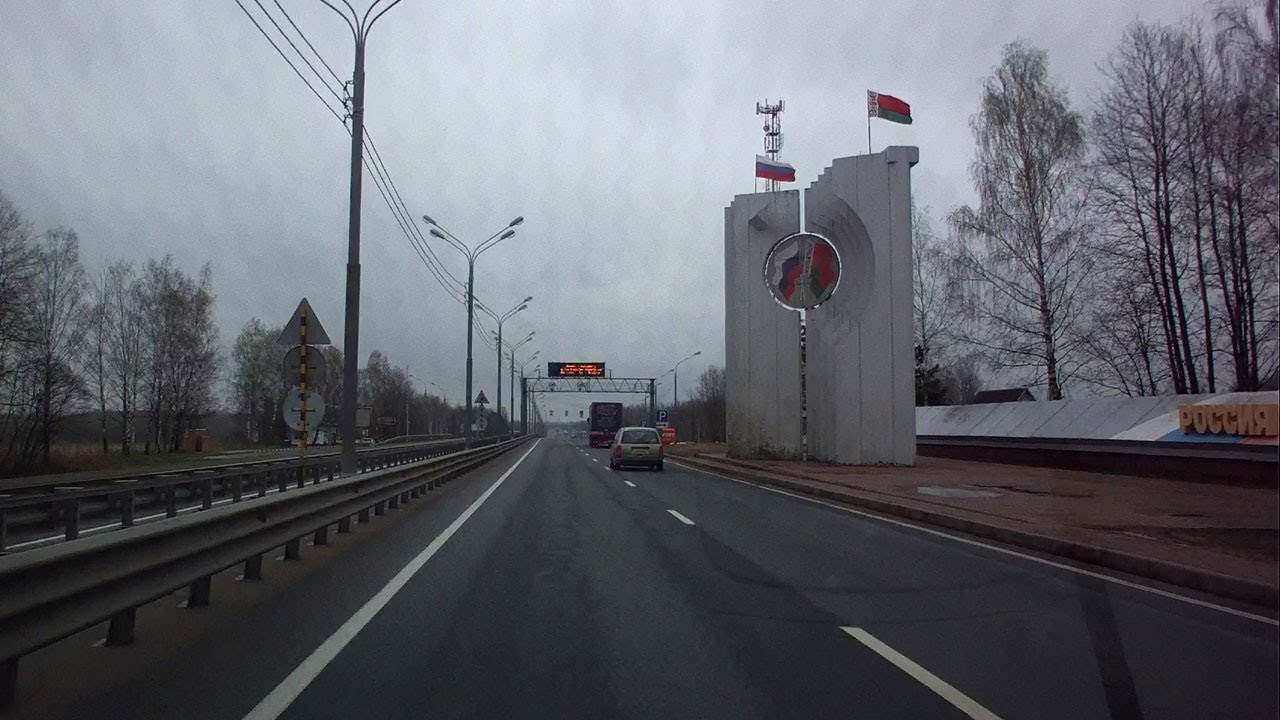Russo-Belarusian border: no changes for the better
 The situation has not changed
The situation has not changed

The top Belarusian leadership is discontent with the reduced transparency of the Belarusian-Russian border. Over the past two years, Russia’s actions in the border security field have made the prospects for bilateral relations uncertain. Minsk is especially concerned about the fact that Russia explained her unilateral actions with security concerns, hinting at a possible threat to Russia from Belarus.
On January 11th, 2018, Alexander Lukashenka instructed to resolve all border issues with Russia by the year-end. According to him, this should lead to the restoration of the previous transparency at the Belarusian-Russian border. Lukashenka made the Government and relevant ministries liable for closing the border issue: Belarusian officials should discuss all the existing disagreements with Russia and decide on ways to resolve them. Hence, the Belarussian leader has excluded his involvement in the border issue with Russia.
That said, in the past year, Lukashenka engaged in the situation around the Belarusian-Russian border numerous times. For instance, he expressed dissatisfaction with Russia unilaterally deploying border controls. On July 7th, 2017, he discussed the Russo-Belarusian border issue during the Belarusian Security Council meeting.
As a rule, Lukashenka avoids becoming involved in issues, which have no positive solution. The border control issue between Belarus and Russia is exactly such an unsolvable problem. Moscow’s actions are only an episode in the large-scale detachment from the Post-Soviet states, including Belarus. The unobstructed border crossing between Russia and Belarus is unlikely to restore, at least until Russia’s relations with Europe and, most importantly, Ukraine improve. Some transparency could be restored at the Russo-Belarusian border, however, only after significant concessions by Belarus, and, above all, her accession to the Russian policy towards Ukraine.
Lukashenka’s self-elimination from resolving the Russo-Belarusian border issue is an indirect sign of the unacceptability of Russia’s expectations about him. This means that the Belarusian-Russian border would increasingly become less transparent, including the introduction of various control mechanisms on it.
Subscribe to our newsletter




Situation in Belarus
Constitutional referendum: main consequences


 Video
Video
How to count the political prisoners: are the new criteria needed?


 Video
Video
Paternalism In Decline, Belarusian Euroscepticism, And The Influence Of Russia


 Video
Video












